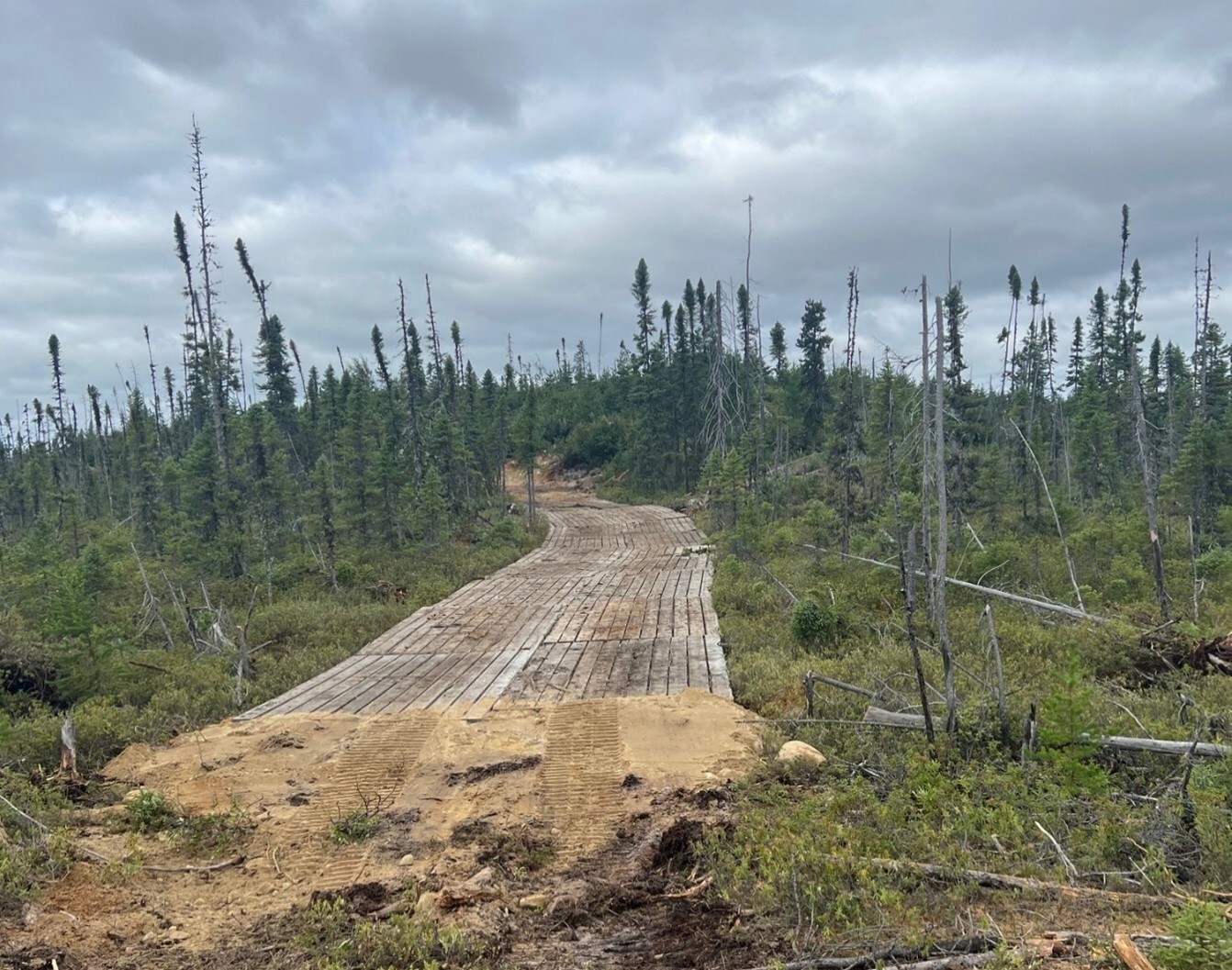CALGARY, AB (By CPKC, 26.Aug.2025, Words: 390) — Canadian Pacific Kansas City (CPKC) is not interested in participating in immediate rail industry consolidation, despite the suggestions by some that it take part. CPKC does not believe that further rail consolidation is necessary for the industry as currently structured.
The company remains focused on delivering more of the benefits and unique value-creating opportunities of its three-nation network, which connects shippers in all parts of North America via effective interline service options.
CPKC strongly feels, given what the existing competitive landscape has shown it can deliver, any major rail merger poses unique and unprecedented risks to customers, rail employees and the broader supply chain. Those risks would be exacerbated by the inevitable follow-on consolidation.
“We believe that a transcontinental merger would trigger permanent restructuring of the industry and result in a disproportionately large railway whose size and scope would require others to take action,” said Keith Creel, CPKC President and CEO. “This will likely result in an unnecessary wave of railway mergers that today is not the best way to support American businesses nor the public interest, and has the potential to create more issues than it solves.”
The existing six major railways in the United States are capable of offering their customers high quality and near-seamless transportation services across the continent. As evidenced by previous rail network alliances by CPKC and CSX in the Southeast U.S., as well as the recent alliance announced by BNSF and CSX, there remain opportunities for further cooperation between “willing” railways to improve service while preserving optionality for shippers.
Many of the kinds of benefits asserted in support of transcontinental mergers can be achieved through new and expanded industry partnerships, customer service innovations and additional cooperation among railways. CPKC continues to pursue these opportunities, such as its recently announced collaboration with CSX on the Southeast Mexico Express service linking the U.S Southeast to Mexico.
Today, the rail network in the United States has the necessary capacity and operational fluidity to safely drive many years of service improvement, volume growth, truck conversion, and resulting value creation for the nation’s rail shippers in support of the national economy. The public’s interest is best served by the nation’s railroads focused on delivering reliable, “truck-like” service while investing in their networks to increase U.S. rail network capacity required for sustainable growth, rather than pursuing additional rail consolidation in an industry already greatly consolidated.
____________________


